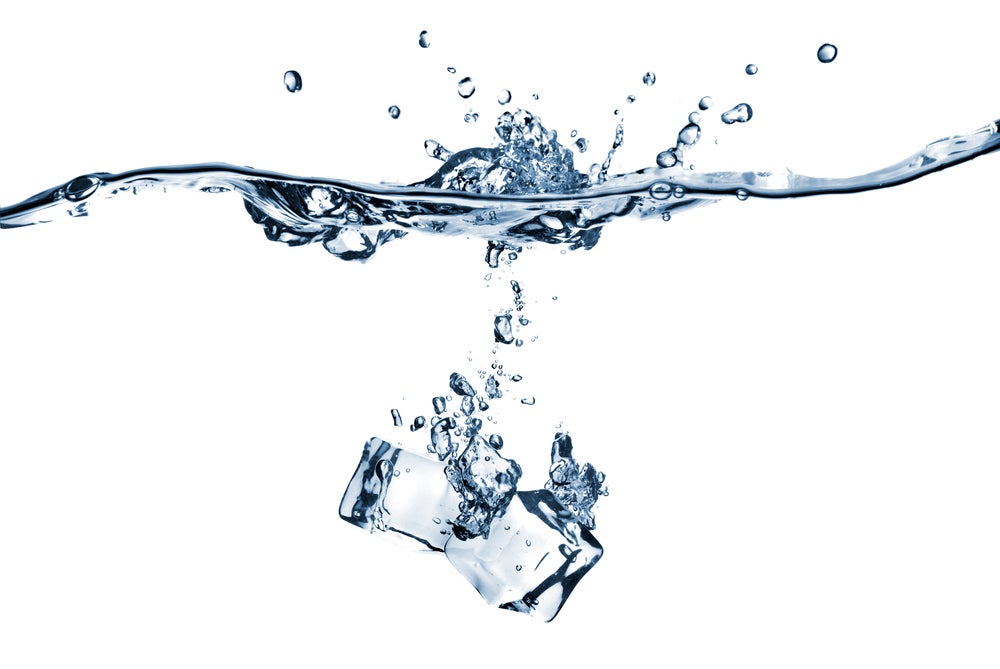Are Ice Baths A Waste Of Time?

Photo: <a href=http://shutterstock.com>Shutterstock.com</a>
Research shows ice baths aren’t all they’re made out to be.
It’s a love/hate routine with triathletes: Peeling off the sweaty tri shorts after a long brick workout to soak in a tub full of ice water. It isn’t comfortable, but it’s necessary to accelerate recovery.
Or is it?
Research published in the Journal of Sports Sciences claim cold-water immersion “have no benefit in promoting recovery.” The study, which evaluated 24 male athletes after strenuous exercise, compared athletes without an ice bath to those in standing and seated cold-water immersion. Various markers of physiological stress, including Delayed Onset Muscle Soreness (DOMS), were measured before and up to 72 hours following the test.
“There is strong evidence that suggests that athletes feel better after an ice bath, which is likely why they are so popular,” says Dr. Jonathan Leeder of the English Institute of Sport, who led the study. “However if you objectively measure how indices such as muscle strength and power recover after an ice bath, the evidence is far less conclusive, with many research studies showing no effect.”
RELATED: Rethinking Ice Baths And Ibuprofen
In fact, Leeder says new evidence suggests using ice baths may have a negative effect on adaptation to training: “It is suggested that the cold water blunts inflammation, but inflammation is a critical aspect of the repair and adaptation process, so it potentially shouldn’t be manipulated.”
For this reason, Leeder only endorses ice baths in competition scenarios, where the feel-good factor is important but training gains are not the focus.
Leeder, who also serves as a Physiologist for the British Cycling Team, suggests athletes in training skip the ice baths for a snack and a nap instead:
“There are three basics to optimal recovery for athletes: optimal nutrition, sleep and rest. It is our belief that the benefits of doing these three things well far outweighs the ice bath. A well-periodized training plan that allows for high-quality rest, alongside proper sleep and nutrition, is the best form of recovery.”